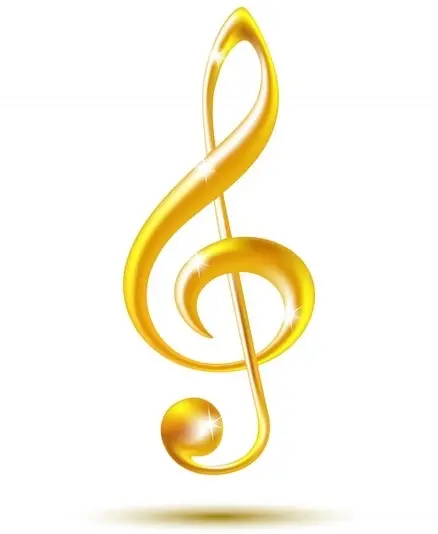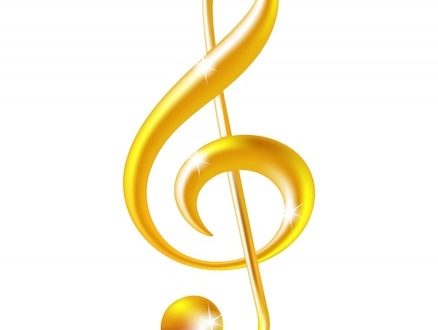
Equirhythmic translation |
Equirhythmic Translation (from Lat. aequus – equal and rhythm) – translation into another language of the opera libretto, the text of the oratorio, cantata, romance, song, etc. op. wok. and wok-instr. genres, which is intended to serve as a replacement for the original text of these works. at execution. To do this, the translation from the side of rhythm must fully correspond (“be equal”) to the original and its reading by the composer, i.e., the musical text. As an exception, fragmentation of individual long sounds of a musical text, a league of two or more short sounds of the same height, is allowed. In cases where particularly prominent sounds in a melody (general and local climaxes, etc.) emphasize a certain word that has an individual meaning, it is desirable that in the translation in this place there be a word corresponding to it in meaning in another language. A complete correspondence between the arrangement of words of the same meaning in the original and in E. p. turns out to be impossible due to the difference in the structure of single-valued words in decomp. languages (the number of syllables, the location of stress, etc.), as well as in connection with their different grammatical. build. Therefore, the E. p. corresponds to the music to a lesser extent than the original text. The inevitable deviations in the semantic structure of the translation are less harmful to the overall impression in the work, where the music is of a generalized nature, conveying the general mood of the poetic. text or its section: in cases where the music follows the emotional overtones of each phrase or even each word, they affect very noticeably. The ratio of arts is also a serious problem. the value of the original and translation. It is important here not only that the work of the poet-translator is only “secondary”, but also that great technical. the limitations of E. p. are very fettering. With all this, E. p. turn out to be useful, because the performance in a given wok country. and wok-instr. prod. composers of other countries with E. p. contributes to the greater accessibility of these Op. to the broad masses of listeners.



